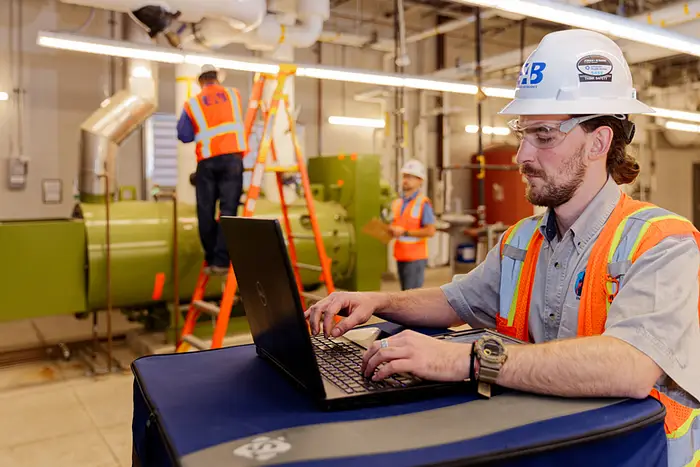ASTM F2077 Spinal Implant Shear Fatigue Testing
The ASTM F2077 standard is a critical tool used in the medical device industry for evaluating the mechanical and functional performance of spinal implants. This testing procedure assesses how well these devices can withstand repeated loading cycles, which simulates real-world conditions experienced by patients over extended periods.
Spinal implants are subjected to various forces during use, including shear stress from vertebral movements like flexion-extension or lateral bending. The ASTM F2077 test specifically targets the shear fatigue properties of spinal hardware, ensuring that devices meet stringent safety and performance requirements set forth by regulatory bodies worldwide.
The testing process involves subjecting a spinal implant to controlled cyclic loading until it fails due to fatigue or breaks apart under stress. Specimens are typically loaded in a dedicated mechanical testing machine capable of applying precise forces along multiple axes relevant to spinal biomechanics.
Accurate and repeatable results require careful specimen preparation, including proper alignment within the fixture, application of appropriate lubricants (if any), and ensuring that all parts fit together correctly before loading begins. Once prepared, specimens are subjected to increasing numbers of cycles until failure occurs. Failure modes can range from fracture at specific points in the design geometry to micro-cracking around certain features.
Test results provide valuable insights into the fatigue strength and reliability of spinal implants under simulated clinical conditions. Compliance with ASTM F2077 ensures that manufacturers meet stringent performance criteria required for successful implantation into human subjects without causing harm or failure during routine use.
To achieve consistent, reliable outcomes, laboratories performing this test must adhere strictly to all procedural aspects outlined in the standard. This includes using calibrated equipment, following recommended fixture setups, and ensuring accurate data collection throughout each cycle.
Failure modes identified through ASTM F2077 testing can help guide design improvements aimed at enhancing durability while maintaining functionality. By identifying weak points early in development stages, engineers can optimize designs to better withstand the demands placed upon them during actual usage.
Why It Matters
The importance of ASTM F2077 testing cannot be overstated when it comes to ensuring patient safety and efficacy in spinal implant design. Repeated loading over time can lead to material fatigue or structural failure, which may result in complications such as early revision surgeries or even permanent injury.
- Reduces the risk of adverse events associated with failed devices
- Ensures compliance with international regulatory requirements
- Supports continuous improvement efforts within research and development teams
- Provides objective evidence for marketing claims regarding product performance
By incorporating ASTM F2077 testing into their quality assurance programs, manufacturers demonstrate a commitment to producing safe, effective, and reliable spinal implants. This approach not only protects patients but also enhances brand reputation among healthcare providers and consumers alike.
Applied Standards
The ASTM F2077 standard is widely recognized as the gold standard for evaluating shear fatigue properties of spinal hardware. It specifies detailed procedures for preparing specimens, applying cyclic loads, monitoring test progress, and interpreting results.
In addition to ASTM F2077, other relevant standards include ISO 14835 (Mechanical testing - Determination of stress rupture limits) and EN 13968 (Spinal implants - Testing methods). These complementary standards provide additional guidance on various aspects of spinal implant testing.
Industry Applications
| Application Area | Description |
|---|---|
| Biomechanical Testing | Evaluating the mechanical behavior of spinal hardware under simulated loading conditions. |
| Durability Assessment | Identifying potential failure points in design through repeated cyclic loading simulations. |
| Material Selection | Prediction of long-term performance based on initial testing data. |
- Assists in meeting regulatory requirements for spinal implant approval.
- Supports ongoing research and development initiatives aimed at improving device performance.
- Aids in optimizing manufacturing processes to enhance product consistency.





